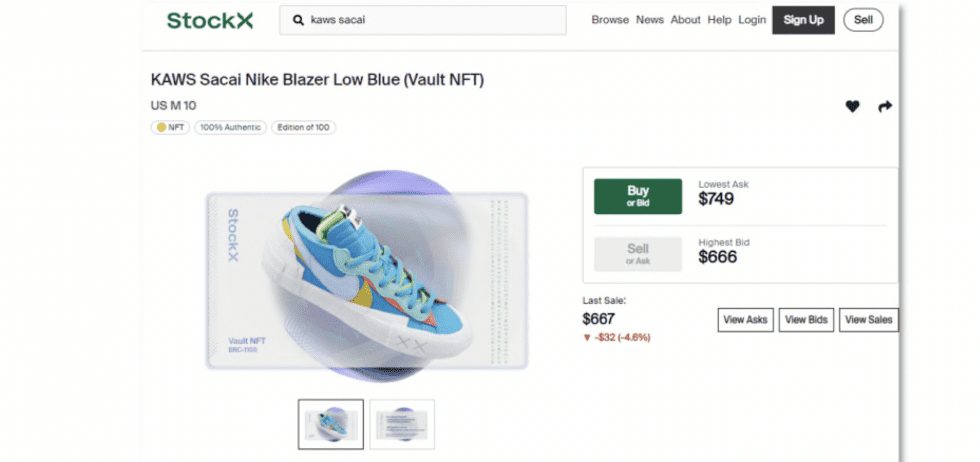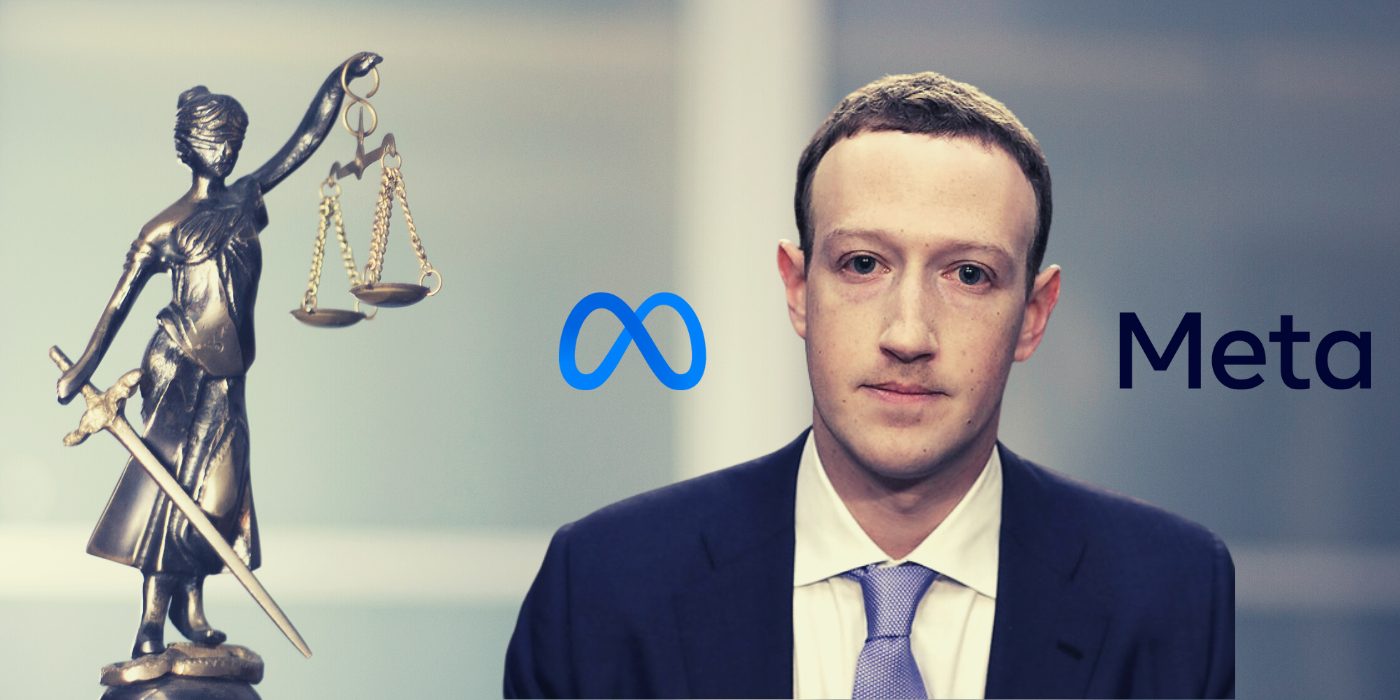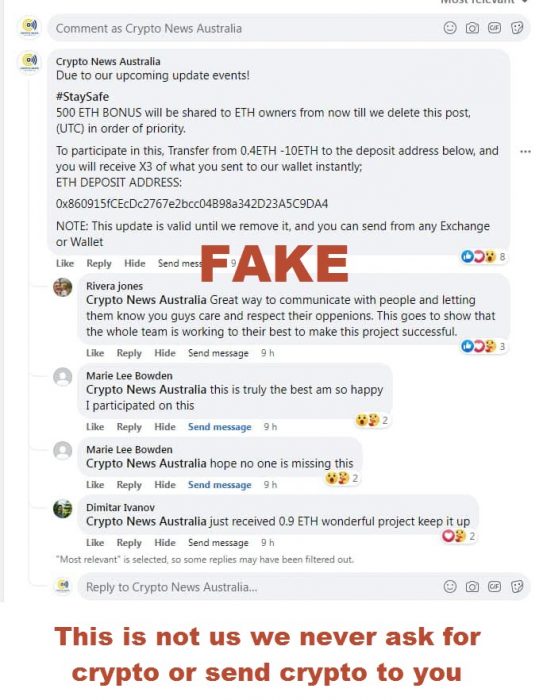American rapper Snoop Dogg recently acquired Death Row Records – the most famous hip-hop record label in history – and is planning to turn it into a world-first NFT (non-fungible token) music label.
Snoop Dogg announced his decision of taking Death Row into the metaverse on an audio recording on social media channel Clubhouse, saying:
Death Row will be an NFT label, we will be putting out artists through the metaverse and a whole ‘nother chain of music. Just like we broke the industry when we was the first independent [label] to be major, I want to be the first major in the metaverse.
Snoop Dogg (Clubhouse)
The rapper acquired Death Row Records on February 10, shortly before performing at the Super Bowl Halftime Show, which saw the participation of his peers in the hip-hop scene including Eminem, Dr Dre and Kendrick Lamar.
Snoop Dogg Making Waves With NFTs
Dogg has been one of the most active crypto advocates on social media. On September 20, the rapper revealed he’s behind the Twitter handle Cozomo De’ Medici, who owns a US$17 million NFT collection:
Late last year, Dogg dropped his own NFT collection, Decentral Eyes Dogg, which comprises a composite portrait of the US rapper with distinct facial traits:
The purple area is a nod to his hiphop royalty. The halftone and grunge effect on his left eye speaks to his being an OG in the game, and the Doggystyle references are a nod to his epic first release. Snoop recorded new audio exclusively for this artwork to add that swagger and put the signature Snoop touch on top.
Snoop Dogg














